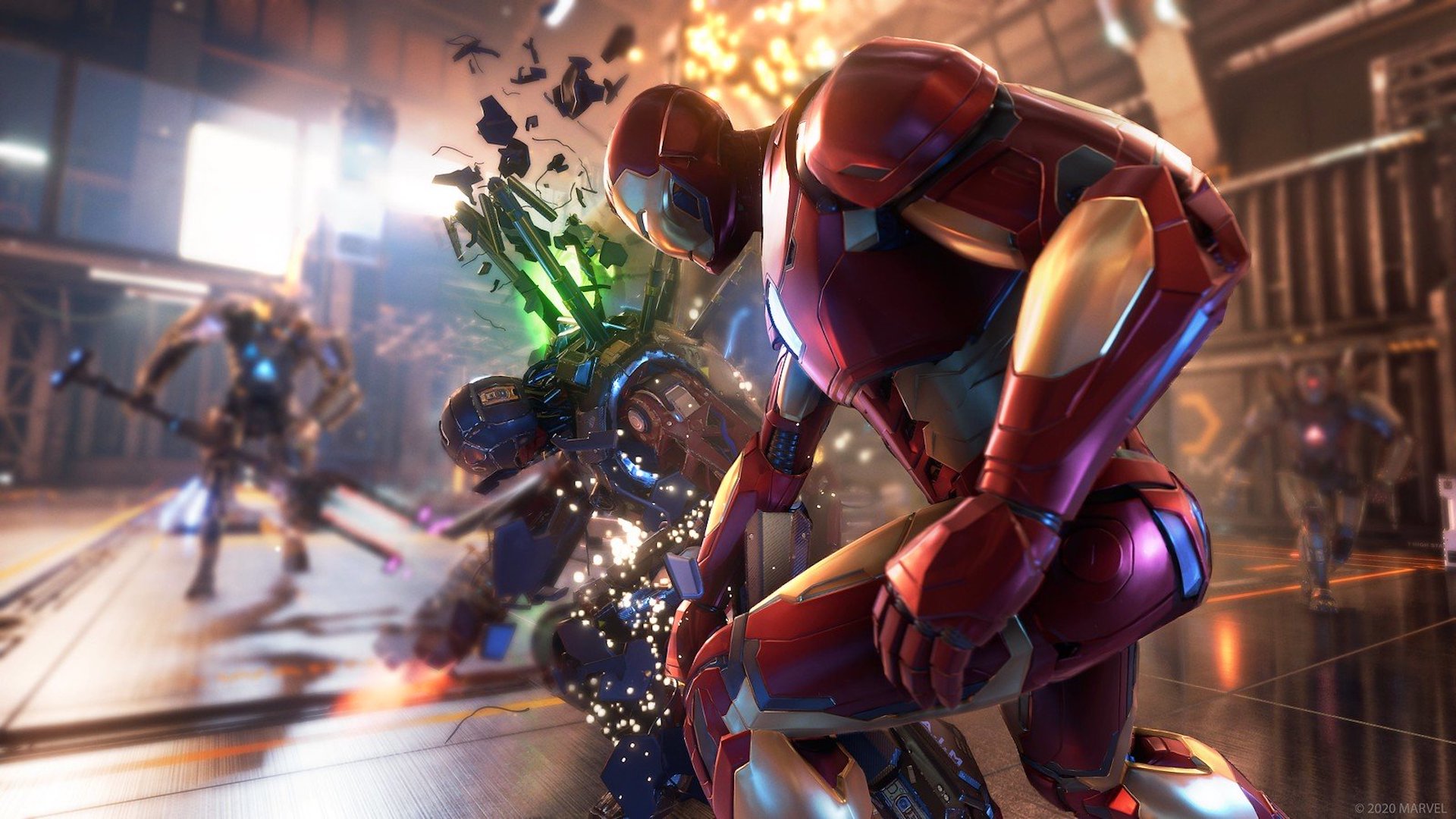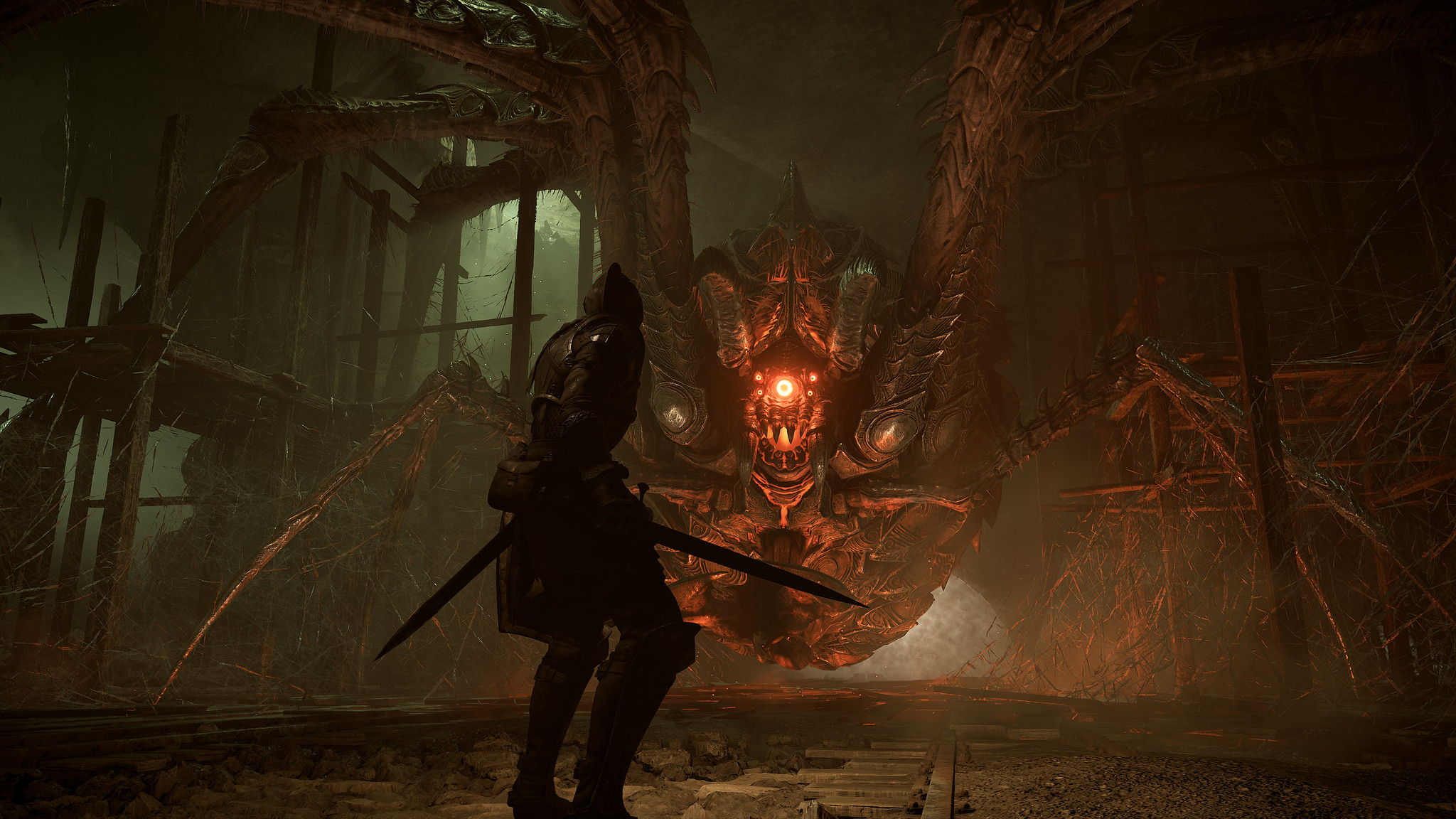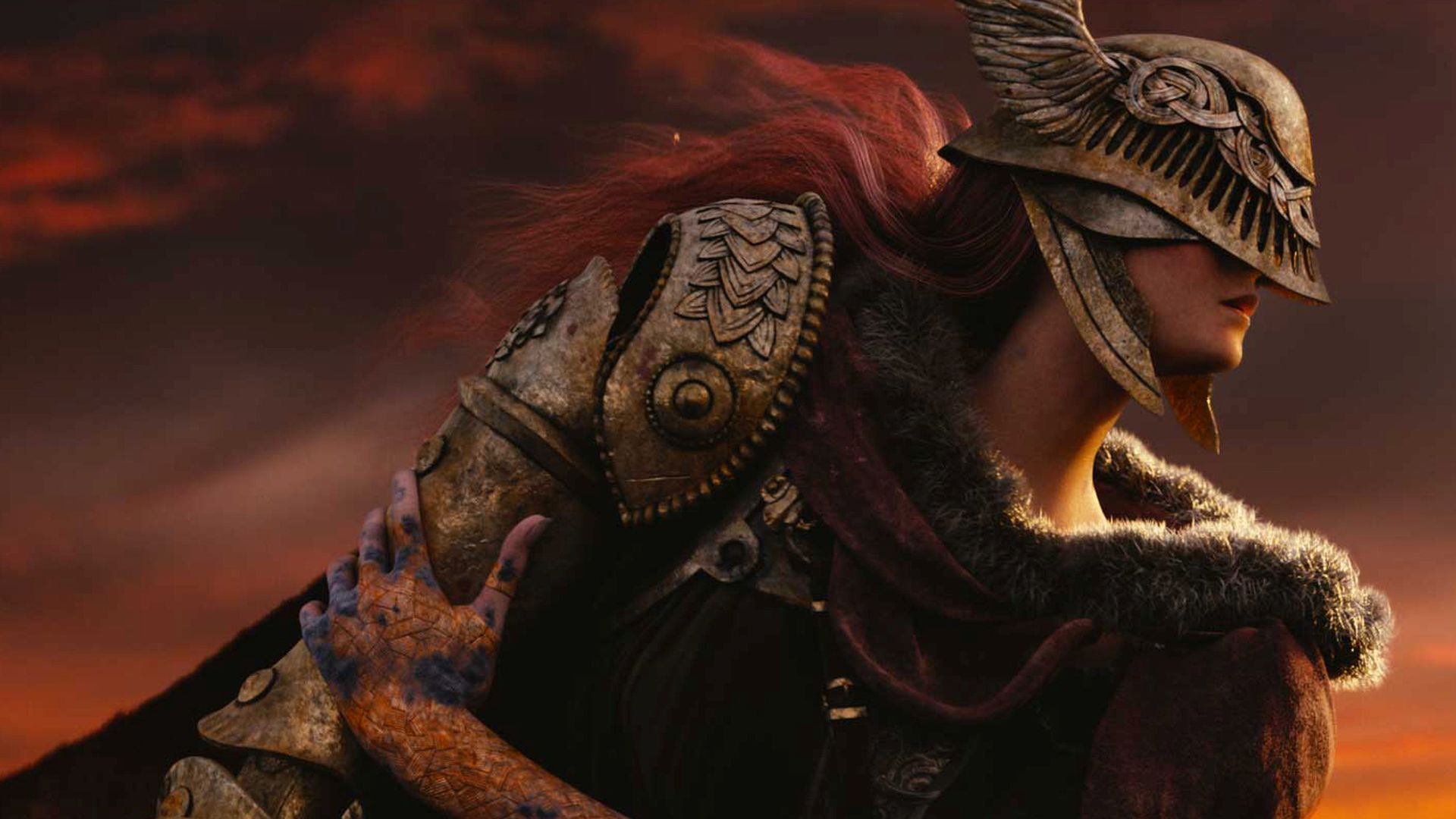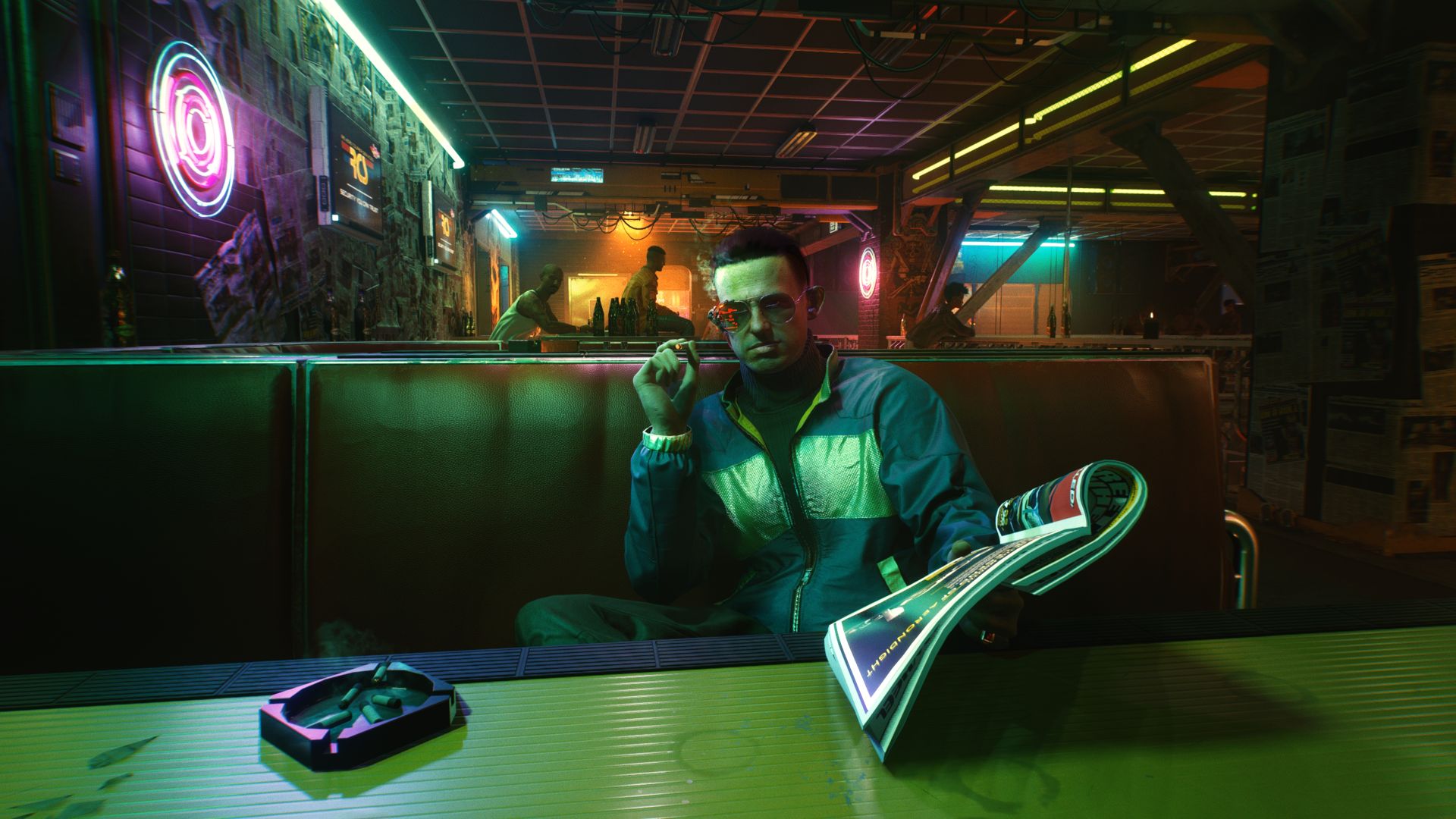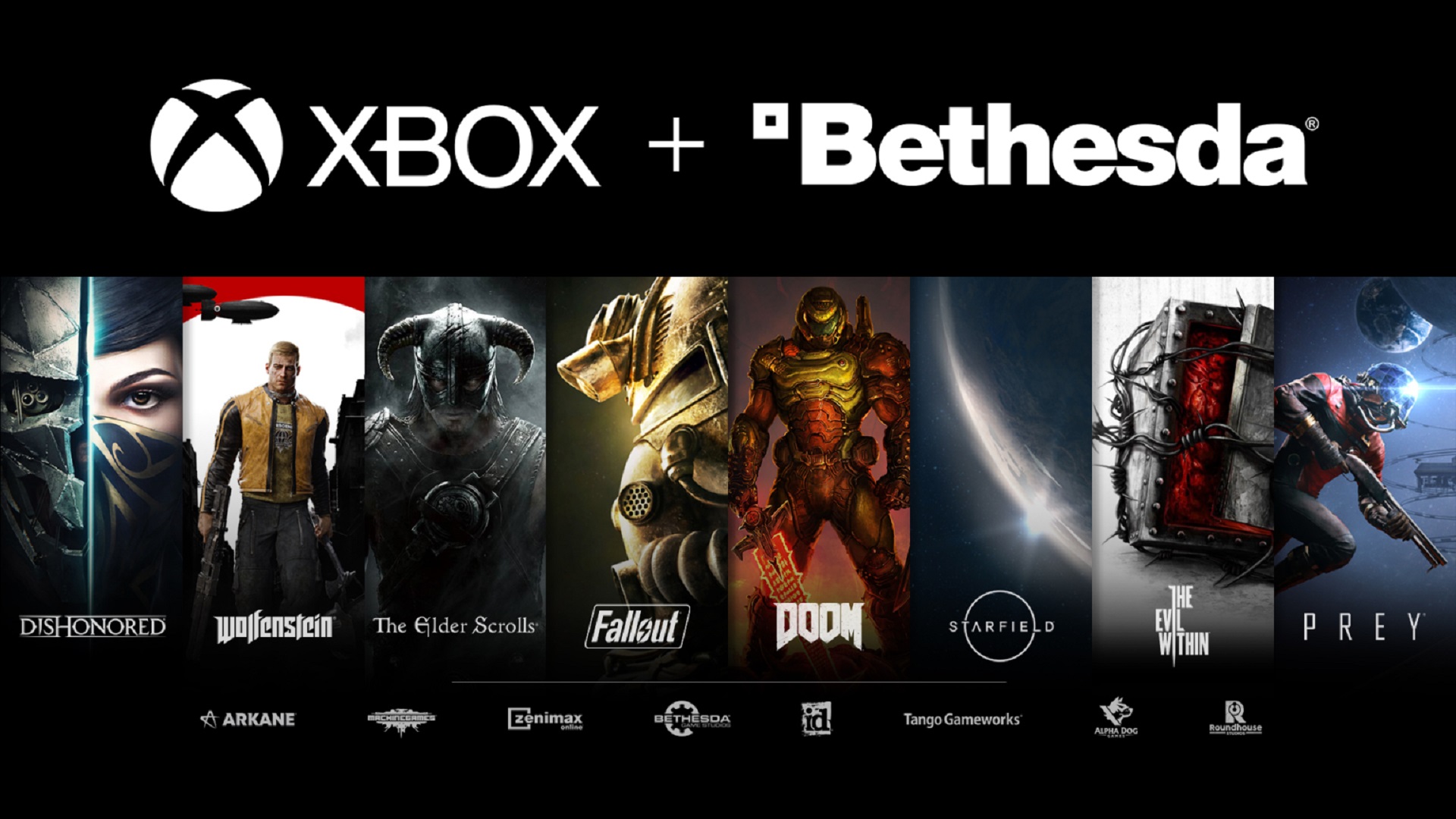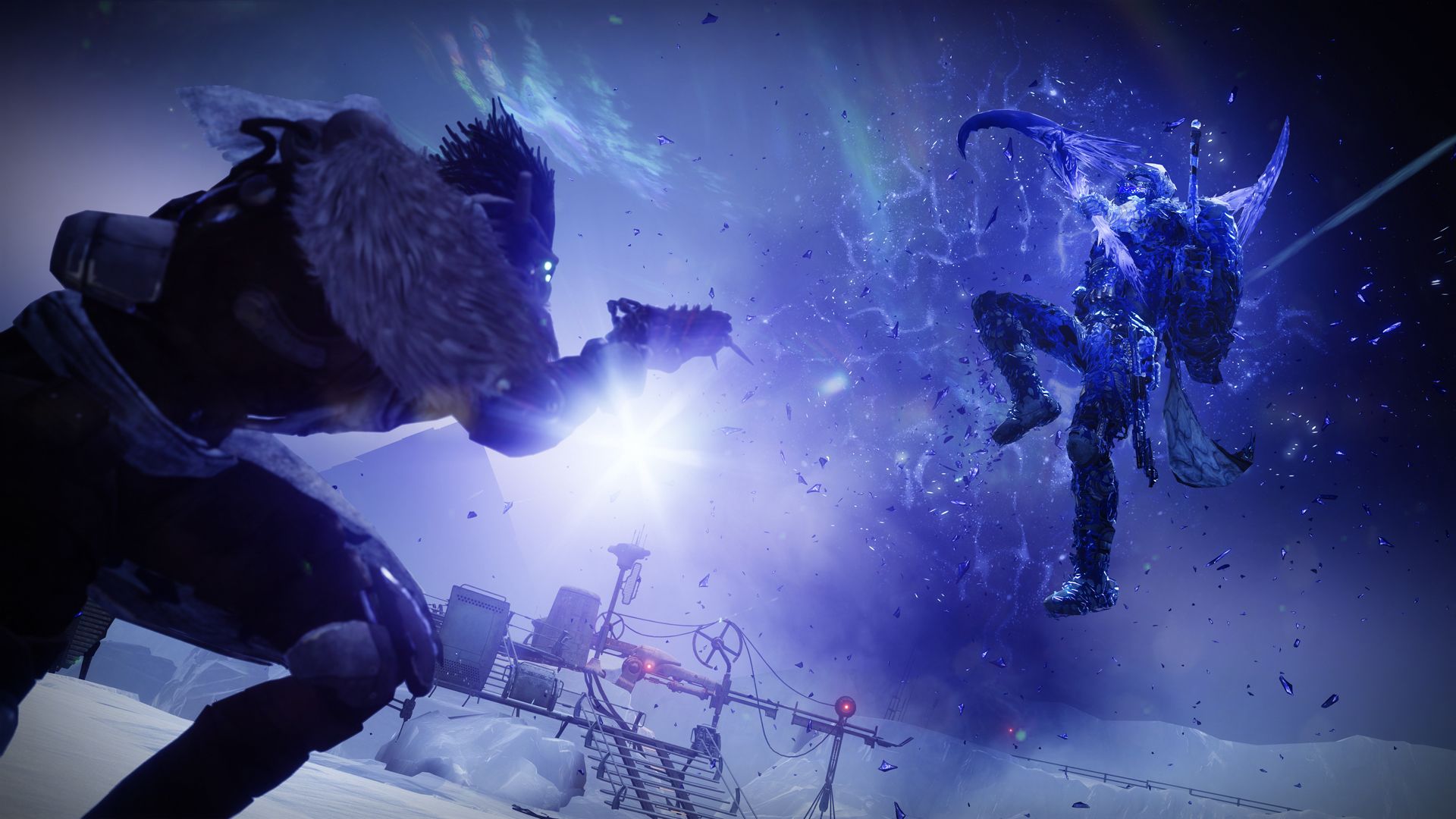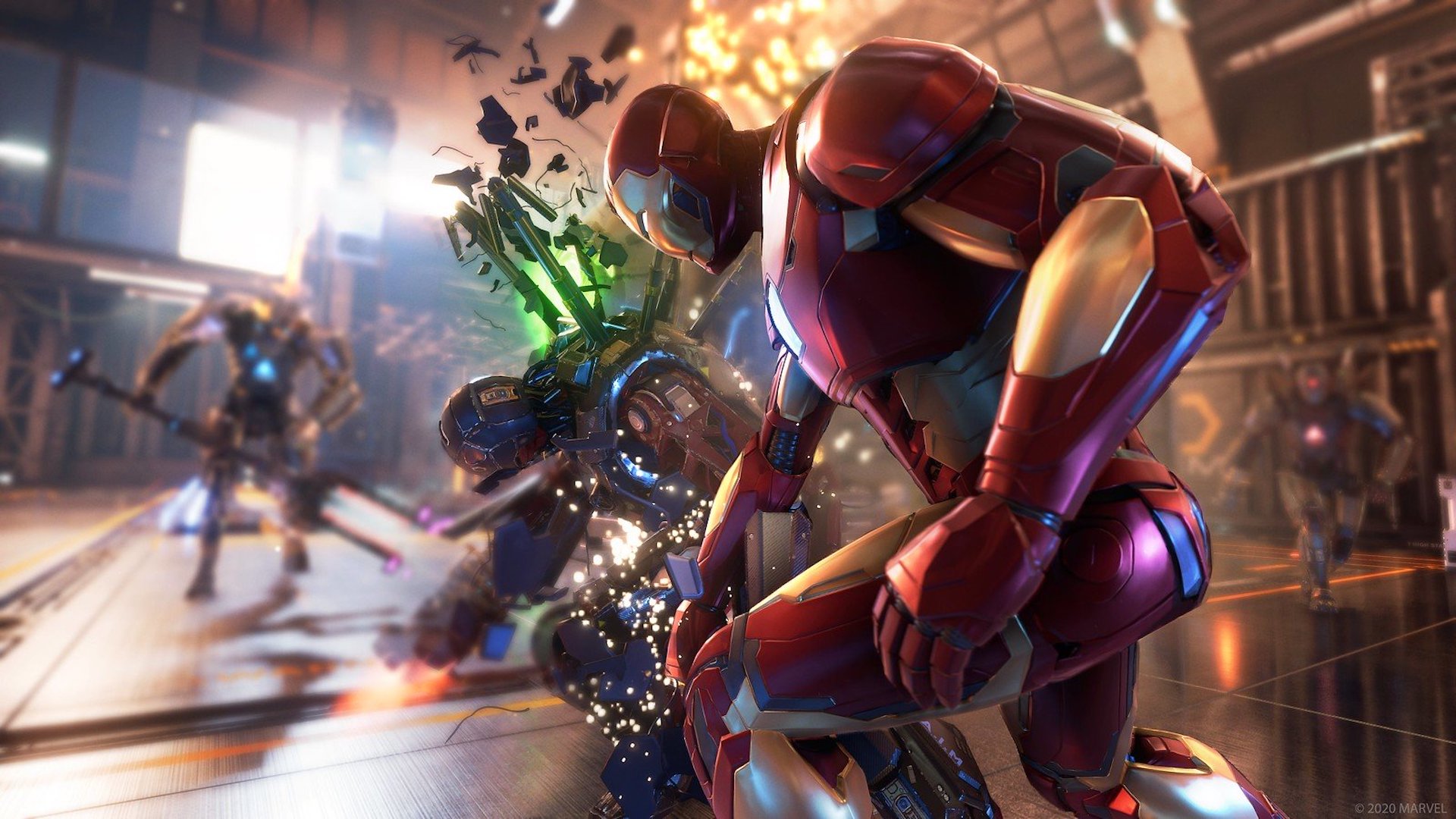
Destiny. The Division. Rainbow Six Siege. Star Wars Battlefront 2. Sea of Thieves. Anthem. Fallout 76. What do all of these games have in common? They’re the poster boys of what is one of the worst trends that has gripped the industry this console generation- live service games launching in poor states, with developers hoping that they’ll be able to fix things and turn things around with sustained post-launch fixes and updates. It’s something that’s become so prevalent that the very phrase “live service” has become a dreaded one, and it doesn’t help that most (if not all) major new live service releases keep following the same pattern.
The newest one to do just that is Marvel’s Avengers. First teased back in 2017, this is a game that fans have been hotly anticipating for a while, and given the fact that its pre-release marketing and its subsequent launch have fallen smack dab in the middle of the MCU craze has only cranked that anticipation up a notch. It’s fair to say that this is not at all what fans were hoping for. But with a property that is teeming with as much potential as Avengers, and with two supremely talented studios in Crystal Dynamics and Eidos Montreal working on the game, how did it come to this? What the hell happened to Marvel’s Avengers?
It’s fair to say that Marvel’s Avengers has been fighting an uphill battle in terms of public perception since long before its launch. Following its initial tease in early 2017, Marvel’s Avengers – or The Avengers Project, as it was known back then – was shrouded in mystery for over two years afterward, and not until its reveal at E3 2019 did it become clear just what sort of game it was going to be. But even during that period of 2+ years, bits and pieces of information about its nature had been trickling in, with job listings, for instance, hinting at the game’s online-centric nature, and its focus on in-game monetization.
That online-centric nature became much clearer at E3 2019, when it was revealed that Marvel’s Avengers would be a GaaS title with a focus on gear-driven progression and co-op gameplay. And that approach, frankly, never sat right with people. There’s the fact that looter shooters and live service games were already beginning to wear thin, given how much they’d started taking over, and the fact that some bad apples like Anthem had poisoned the well for the entire genre didn’t help.
More importantly though, a looter co-op multiplayer game just wasn’t what people wanted an Avengers game to be. After the incredible success of the Batman: Arkham series and what Insomniac had managed to do with Marvel’s Spider-Man, the lion’s share of audiences wanted an Avengers game with a focus on a single player action-adventure story- something that any superhero property (Avengers more than most) seems so ripe for.
The game’s E3 reveal was a problematic one as well. On top of its live service trappings, the reveal just didn’t look all that great, and response to it was tepid at best. Meanwhile, the criticism that the character designs received at the time for looking like pale off-brand imitations of their MCU counterparts kicked up more than its fair share of bad press for the game.
And the bad press just kept on rolling in after that, right up until the game’s launch. The thing that drew the ire of the masses more than anything else was the extremely commercialized and monetized nature of the game. In the last few weeks leading up to its launch, we heard about Spider-Man being a PlayStation exclusive post-launch character, separate $10 battle passes for each new DLC character, exclusive skins coming from partnerships with multiple brands, and so much more. It was a bit much.
Beyond the commercial side of things, the game itself also failed to make a strong impression. Most of its showings were met with lukewarm responses similar to its E3 reveal, with even the big War Table stream blowouts not generating a great deal of optimism. Crucially, the game’s month-long beta period didn’t do it any favours, with issues with its repetitive missions, one-note combat-centric design, its bevy of technical issues, and more becoming instantly apparent. Bafflingly enough, the beta also presented the single player campaign rather poorly- which is weird, considering the fact that that’s perhaps one of the game’s biggest strengths.
All of that bad press would have been too much of a burden to bear for any game- but this was Avengers, a game based on perhaps the biggest media franchise in the world right now, backed by incredibly talented studios. Some still remained hopeful that things would come together in the end, and that the final product would surprise people with how good it turned out to be. That, as we now know, didn’t happen- and some part of me can’t help but think that Square Enix launched the game knowing full well that they were going live with a very troubled product.
Back when Anthem was being released, EA and BioWare knew full well that the game – which suffered a famously troubled development cycle – had a lot of issues. But they were hoping that it would score in the mid to high 70s, and being a live service game, would use that as a launchpad to turn itself into a better and more acclaimed game as time went on. Now, this is purely speculation on my part, but I wouldn’t be surprised if something similar happened with Marvel’s Avengers was well. Given its laundry list of technical issues and how excessively it cycles through its limited missions and enemies, that’s definitely the impression I keep shaking.
That said, it should be said that the poor launch is where the similarities between Avengers and Anthem end, contrary to what many have said over the last few days. Unlike Anthem, Avengers is not completely broken. In its combat, it has a solid base to work with, while Anthem was broken at its very core. Also unlike Anthem – which had nebulous post-launch “road maps” and a bunch of empty promises about future content – Avengers already has a very clear and, frankly, exciting post-launch pipeline in place.
It’s getting a raid soon, Kate Bishop is joining as the first post-launch character in October, Hawkeye is following soon after in November, Spider-Man is coming to PS4 and PS5 in 2021, and many more characters, areas, and new missions will likely be added to the game on a consistent basis over the new few years as well. Marvel’s Avengers has a foundation to build off of, unlike Anthem, and it has a lot of potential for post-launch growth. A much more accurate comparison, I think, would be Destiny 1, which similarly suffered from problems of repetition at launch, but had a solid base to work with thanks to its mechanical strength, and managed to turn things around for itself with post-launch support from Bungie and Activision.
Hopefully, that’s what will happen with Marvel’s Avengers, and unlike the likes of, say, Fallout 76 and Anthem, I’m frankly a lot more optimistic about this game and its future prospects. Its biggest issues – such as its mission design, repetitive content, technical issues, and its problematic gear system – aren’t negligible by any means, but they are the kind of problems that can be fixed going forward. Square Enix and Crystal Dynamics are clearly in this for the long haul, and given the name that it carries, there’s no doubt that Marvel’s Avengers will sell well, and continue to sell well, in spite of its mixed critical reception and all the bad press. And while it’s disappointing that yet another live service game has launched in such a poor state, let’s hope that Marvel’s Avengers will become yet another live service game to turn the tables thanks to solid post-launch support.
Note: The views expressed in this article are those of the author and do not necessarily represent the views of, and should not be attributed to, GamingBolt as an organization.
